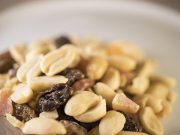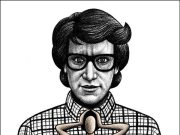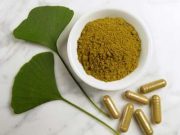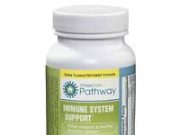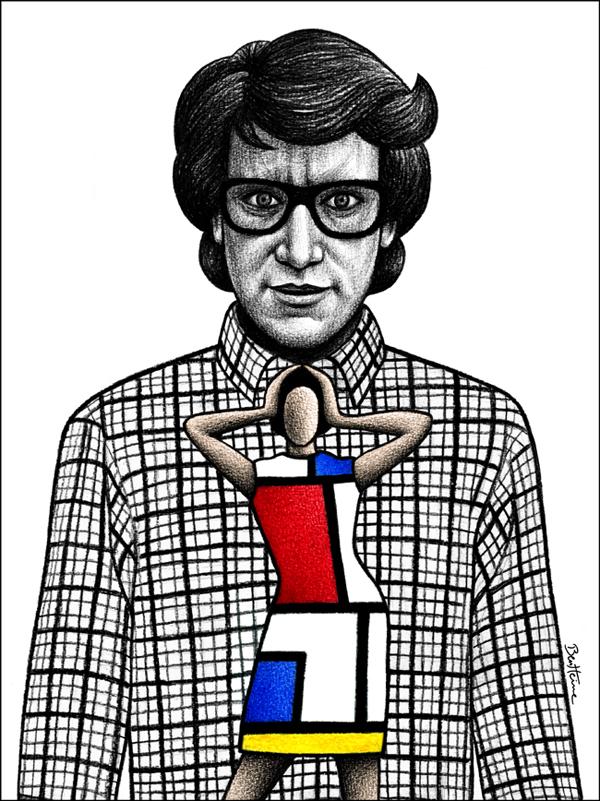Depression is a complex and deeply personal experience, affecting millions of people worldwide. While traditional treatments like medication and therapy can be effective, they may not work for everyone or could come with unwanted side effects. For those seeking additional or alternative options, exploring complementary therapies can be a meaningful step towards healing. This article delves into some of the most promising alternative therapies for managing depression, offering insights into how they work and who might benefit the most. By approaching this journey with empathy and understanding, we aim to provide a supportive resource for individuals looking to enhance their mental well-being through holistic and innovative means.
Understanding the Role of Alternative Therapies in Depression Management
Depression is a multifaceted condition that often requires a holistic approach to management. While traditional therapies like medication and psychotherapy remain central, alternative therapies can provide complementary benefits that address both mind and body. These therapies often focus on lifestyle changes, mindfulness, and natural remedies that can enhance overall well-being.
Many individuals find relief in practices such as:
- Mindfulness Meditation: This practice encourages a state of awareness and acceptance, which can help reduce stress and improve emotional regulation.
- Yoga: Combining physical postures, breathing exercises, and meditation, yoga promotes relaxation and can increase serotonin levels.
- Acupuncture: By stimulating specific points on the body, acupuncture can help balance the body’s energy and reduce symptoms of depression.
- Herbal Supplements: Herbs like St. John’s Wort and Saffron have been traditionally used to alleviate mild to moderate depression symptoms.
| Therapy | Potential Benefit |
|---|---|
| Mindfulness Meditation | Reduces anxiety and improves mood |
| Yoga | Enhances physical and mental well-being |
| Acupuncture | Balances energy and reduces stress |
| Herbal Supplements | Supports mood stabilization |
Integrating these alternative therapies into a comprehensive depression management plan can provide individuals with a greater sense of control and a broader range of tools to tackle their mental health challenges. Always consult with a healthcare provider to ensure these therapies align with personal health needs and existing treatments.
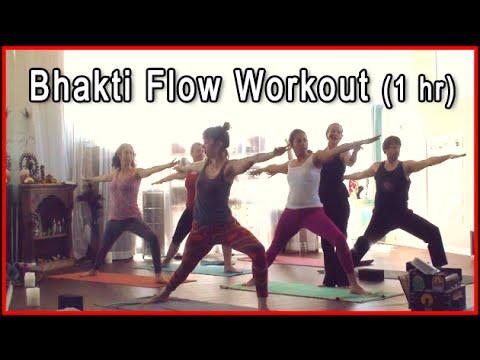
Exploring Mindfulness and Meditation as Powerful Tools for Emotional Healing
In the journey of managing depression, mindfulness and meditation emerge as transformative practices that can aid emotional healing. By fostering a state of present awareness and acceptance, these techniques can help individuals reconnect with their inner selves, reducing the overwhelming grip of negative emotions. Here’s how they can be integrated into daily life for profound emotional benefits:
- Mindfulness Practices: Engage in simple exercises like mindful breathing or body scans to cultivate awareness. These practices can help in recognizing and releasing tension, promoting a sense of calm and focus.
- Meditation Techniques: Explore different forms such as guided meditation, loving-kindness meditation, or mantra meditation. These methods can nurture compassion towards oneself and others, fostering a more positive outlook.
| Meditation Type | Benefits |
|---|---|
| Guided Meditation | Reduces stress and enhances relaxation |
| Mindful Breathing | Increases focus and emotional regulation |
| Loving-Kindness | Boosts empathy and emotional resilience |
By incorporating these practices into your routine, you not only build a sanctuary of peace within but also create a robust foundation for managing the emotional turbulence associated with depression. Remember, the journey is personal, and progress is unique to each individual.

Incorporating Physical Activity into Your Routine to Alleviate Symptoms
Engaging in physical activity is not only beneficial for your body, but it also plays a crucial role in managing depression. Exercise can help release endorphins, which are chemicals in the brain that act as natural painkillers and mood elevators. Whether it’s a brisk walk in the park or a session of yoga, incorporating movement into your daily routine can make a significant difference in how you feel.
Consider starting with activities that you enjoy and gradually build them into your schedule. Here are a few suggestions to get you started:
- Walking or Jogging: A simple walk around your neighborhood or a jog in a nearby park can clear your mind and boost your energy.
- Yoga: This practice combines physical postures, breathing exercises, and meditation to enhance mental well-being.
- Dance: Let loose and express yourself with some music and movement in the comfort of your home.
| Activity | Duration | Benefits |
|---|---|---|
| Walking | 30 minutes | Improves mood, boosts energy |
| Yoga | 20 minutes | Reduces stress, enhances focus |
| Dancing | 15 minutes | Increases happiness, relieves tension |
It’s essential to choose activities that you find enjoyable, as this increases the likelihood of making them a regular part of your life. Remember, the goal is not to exhaust yourself but to find a sustainable way to integrate movement into your daily routine. Over time, these small changes can lead to significant improvements in your overall mental health.

Harnessing the Power of Nutrition and Herbal Supplements for Mental Well-being
Embracing a holistic approach to mental well-being can be transformative, especially when it comes to managing depression. Nutrition and herbal supplements play a pivotal role in supporting mental health by nourishing the body and mind. Understanding how to integrate these natural aids into daily life can help alleviate symptoms and promote a sense of balance.
- Omega-3 Fatty Acids: Found in fish oil, flaxseeds, and walnuts, these healthy fats are crucial for brain function and have been linked to reducing symptoms of depression.
- Vitamin D: Often referred to as the “sunshine vitamin,” adequate levels can help improve mood. Consider supplements, especially in the winter months or if you have limited sun exposure.
- B Vitamins: These are essential for energy production and neurotransmitter function. B-complex vitamins, particularly B6, B9 (folate), and B12, are beneficial in mood regulation.
- Herbal Supplements: Herbs like St. John’s Wort and Rhodiola Rosea have been traditionally used to combat symptoms of depression and anxiety.
| Supplement | Potential Benefits |
|---|---|
| St. John’s Wort | May alleviate mild to moderate depression |
| Rhodiola Rosea | Supports stress reduction and mood stabilization |
| Magnesium | Calms the nervous system and improves sleep |
While these natural options can be powerful allies, it’s crucial to consult with a healthcare provider before starting any new supplement, especially if you’re currently on medication. The synergy between nutrition and herbal supplements can offer a gentle yet effective path to mental well-being, paving the way for a brighter, more balanced life.

















